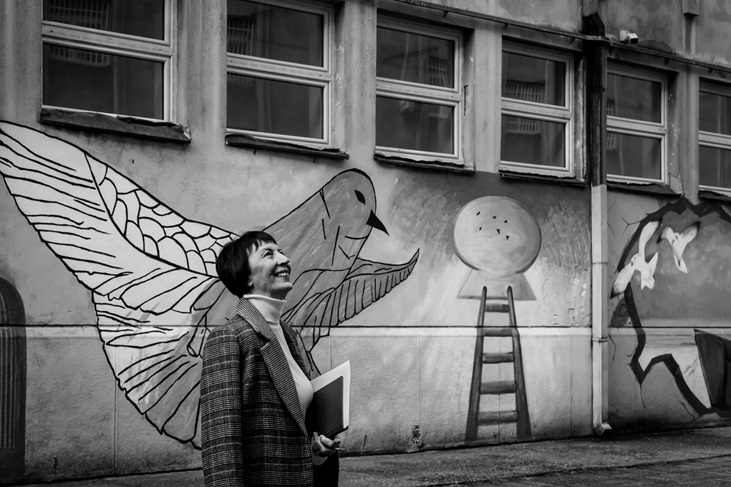The position of counsellors in institutions for the enforcement of criminal sanctions
High walls, heavy gates, old architectural solutions and external security are the first associations linked to living conditions in penitentiaries. Nevertheless, employees of all services within penal-correctional institutions and convicted persons represent key factors that make prison life (un)bearable and whose interpersonal relations determine prison social climate. When once a notorious prison warden was criticised because of torture, violence and maltreatment of convicted persons, he tried to make a joke and responded that he “did not make an audition for entrance in prison”. However, if prisoners cannot be chosen, the selection of prison staff members can be made, and only educated and skilful counsellors should earn the trust to provide proper treatment. One should take into consideration the fact that counsellors (employees in services for treatment and education are usually referred to as “counsellors”) are not considered particularly “powerful or influential” in penal institutions. Also, numerous young counsellors at the beginning of their career think that they will easily handle the challenges of this responsible profession. Unfortunately, their job is often devalued and “unprotected”.

Counsellor in the yard of District Prison in Belgrade, 2023. Photography: Ana Batrićević
The importance and role of counsellors in treatment process
Neither the finest laws nor the highest international standards prescribing adequate treatment of convicted persons can bring prison sentence to life if prison staff members are not competent enough for such a complex task. Treatment should be directed towards each individual convicted person, with the aim to alleviate the negative effects of prison conditions (that are inevitable), to mitigate the feeling of being rejected and isolated and, at the same time, to provide the assistance that the convicted person needs in order to change the behaviour that brought him/her to prison, to regain faith in himself/herself, his/her capabilities and competences.
Key challenges for counsellors in the system of enforcement of criminal sanctions in Serbia
There are several problems affecting correctional-penal institutions in Serbia, including the diversity of professional qualifications of counsellors, the lack of adequate professional training after formal education and the fact that prison staff members often rely on the knowledge obtained through formal education. There is no doubt that the possession of formal, theoretical knowledge without adequate practical experience is not sufficient for successful work in any professional field. Interviews with counsellors indicate that the problem becomes even more complex due to the lack of clear division of tasks depending on counsellors’ professional profiles. If each employee was in charge of the tasks for which he/she has professional qualifications, the treatment of persons serving prison sentence would be more functional and successful. For example, the tasks such as planning and organising education, training and courses should be performed by andragogists and not by professors of geography or high school graduates, like it occasionally occurred.
Counsellors should not be perceived as less important members of prison staff that are in charge of everyday, routine activities, but, instead, they should be seen as a profession that requires specific education and permanent upgrading. Existing problems cannot be resolved by a small number of employees with professional knowledge in criminology, penology, psychology or andragogy. Creating a positive and stimulative atmosphere for learning and balancing between education, cultural, leisure and sport activities, on the one hand, and safety measures on the other, represents a challenge for all professionals who are or should be in charge of resocialisation of convicted persons.
How to empower counsellors and improve the treatment of convicted persons?
Almost every discipline from the area of social or medical sciences can contribute to the resolving of problems related to the enforcement of prison sentence. Without education, professional skills, possibilities for improvement and motivation of prison staff, progress towards a more efficient treatment of convicted persons can hardly be made. It is obvious that counsellors’ hands remain tied without the support of the Administration for the Enforcement of Criminal Sanctions and the entire community. Counsellors have to resolve the most serious and the most important problems related to resocialization of convicted persons. Prison staff members often feel helpless to do anything but discipline maintenance and any kind of improvement including the organisation of educational programmes, labour and leisure-sport activities is worth mentioning. Without these activities conducted by staff members who are educated to react properly in various crisis situations and who have developed empathy and positive attitudes towards change and resocialisation of convicted persons, the purpose of prison sentence and resocialisation i.e. reintegration cannot be fulfilled.
Professor Branislava Knežić, PhD
